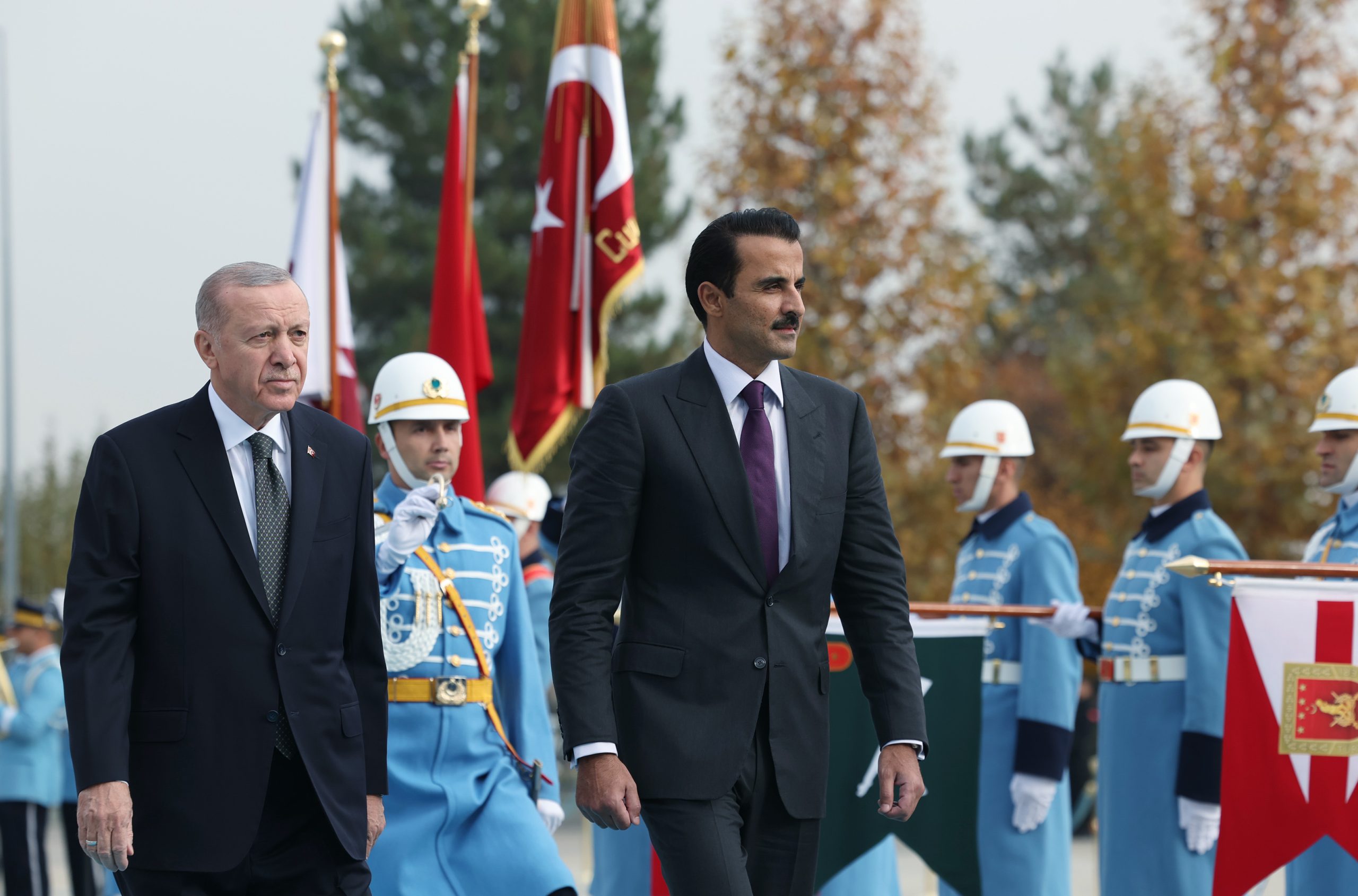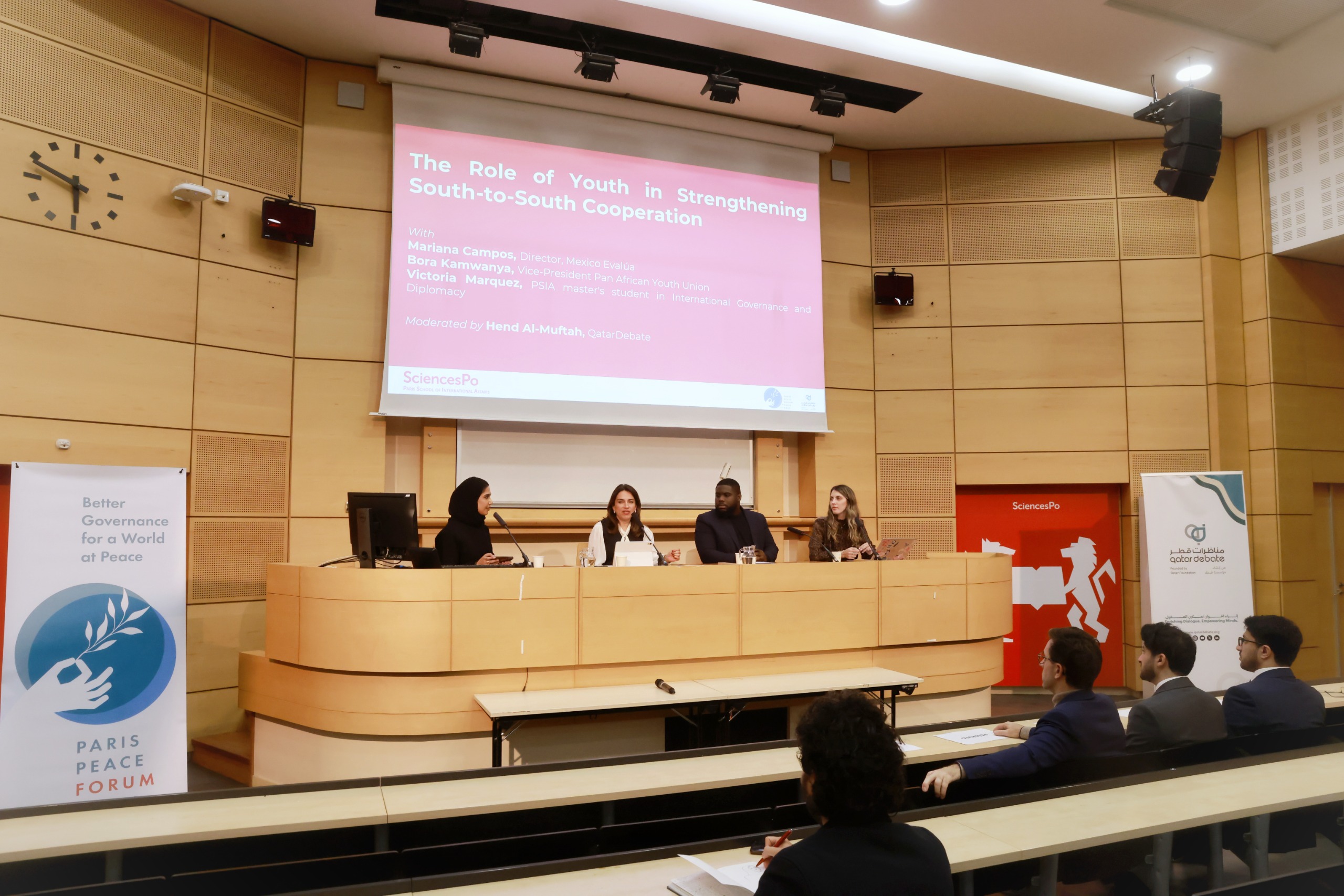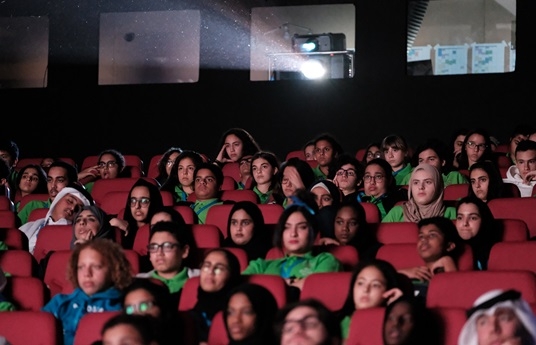The findings indicate an Israeli and Western failure to distort the narrative of the events in Gaza.
Online support for Israel has sharply dropped as pro-Palestine posts spiked one month into the brutal Israeli aggression on Gaza, reflecting a major shift in global opinion.
Data shared by The Economist on Tuesday, displayed a clear decline in sympathy for Israel online by analysing one million posts from Instagram, X, and YouTube between October 7 and 23.
Using dmr, an ai-technology firm, the Economist gathered posts with hashtags on social media that showed support for Israel and Palestine. The posts were processed by drm’s machine-learning model to identify their stance on the war.
The ai technology found both sides had an equal number of support on October 7, but sharply decreased by October 19 when pro-Palestine support became 3.9 more common than support for Israel.
“At first I was angry at Hamas and Palestine for the attacks” wrote one user, as quoted by the Economist. The user added: “But now after seeing more of what’s going on I cannot support such a regime in Israel. #FreePalestine.”
Israel declared its deadliest war to date on Gaza following a historic Hamas operation that marked the biggest Palestinian resistance attack on the occupying force in years. Within a month, Israeli occupation forces (IOF) have killed at least 10,328 Palestinians, including 4,237 children—40% of the overall toll.
Known as ‘Operation Al Aqsa Flood’, the Al Qassam Brigades—Hamas’ armed wing—managed to infiltrate occupied territories through air, land and sea after facing a 16-year siege in Gaza.
The attack saw the killing of 1,400 Israelis and the capture of more than 240 others, including serving members of the Israeli occupation forces (IOF). Hamas said the operation was a response to Israel’s intensified raids on holy sites in Jerusalem over the previous months, as well as its decades-long crippling occupation of Palestinian land.
Israel has been accused of using the attack as the pretext for its deadly war on Gaza and as a card to garner sympathy from the West. It has also pumped at least $7.1 million as part of a multi-faceted campaign that has been executed across several platforms, including X and YouTube, and involves the dissemination of emotionally charged and graphic advertisements, according to a data analysis carried out by Politico.
However, the new figures by The Economist appears to suggest a failure to do so. Footage shared by citizen journalists and Al Jazeera reporters on the ground in Gaza have been widely shared online over the last month, and has largely been credited for a sway in public opinion on the war.
In recent weeks, millions of protesters across the United States and major European cities have taken to the streets to demand a ceasefire in Gaza, where the death toll has continued to mount. Last week’s protest in Washington DC was the biggest pro-Palestine rally to ever take place in US history.
A YouGov poll that surveyed Americans found that there were three Israel supporters for every Palestine supporter on October 20, however, the same day saw twice as many pro-Palestine posts across US social media. This has largely been attributed to the presence of younger audiences across major social media platforms, where the shift in opinion is taking place.
Meanwhile in Britain, there was a six-to-one margin of support in favour of Palestine, with The Economist citing growing support for Palestine among younger users.
“In America and Britain, social-media views are even more pro-Palestinian than those of young poll respondents. Israel’s backers show rather less zeal for online combat,” The Economist said.
‘Israeli mouthpieces‘
Tuesday’s numbers come amid global concerns on objectivity following an admission by a CNN journalist.
On Sunday, prominent CNN anchor Fareed Zakaria revealed that journalists that had embedded with the IOF to cover their activities, under the supervision of Israeli commanders, must receive Israel’s pre-approval before publishing any of the content.
“As a condition to enter Gaza under IDF escort, outlets have to submit all materials and footage to the Israeli military for review prior to publication,” Zakaria added. “CNN has agreed to these terms in order to provide a limited window into Israel’s operations in Gaza,” Zakaria, host of CNN’s ‘Fareed Zakaria GPS’ explained.
Notably, CNN is among a list of major outlets that have largely published coverage centred on the Israeli narrative and the plight of captives held by Hamas.
On the other hand, Al Jazeera has explicitly detailed the suffering of millions of Palestinians through its reporters and journalists on the ground in the Gaza Strip – where no foreign reporters have been given access.
The Qatar-based network has been subjected to various deliberate attacks by Israel for its detailed and impartial coverage of the violence committed by the IOF against Palestinians, including the latest war on Gaza.
Last month, a viral video showed US presidential candidate and Florida governor, Ron DeSantis, warning Americans about watching Al Jazeera after he was questioned about Israeli crimes in Gaza.
The video showed a man refuting DeSantis’s claims on Israel’s right to self defence by citing Al Jazeera’s coverage of Palestinian civilians being bombarded by the IOF.
“I watched Al Jazeera’s and they were not covering that on CNN,” the man told the US presidential candidate.
Arab opinion
Meanwhile in the Arab world, the public has appeared to remain unwavering in its support for Palestine despite recent normalisation of the ties between a number of regional countries and the Zionist regime.
The 2022 Arab Index published in January found that the majority of Qatar’s population and the Arab world believe that the Palestinian cause is a regional concern and not just a matter for Palestinians alone.
Conducted by the Arab Center for Research & Policy Studies (ACRPS), the survey is the biggest of its kind on a regional level and saw 33,300 respondents from 14 countries in the Middle East share their perceptions on numerous policies concerning them.
In Qatar, 79% of respondents said the Palestinian cause concerns all Arabs while 11% believed it only concerns Palestinians alone. A mere 6% of those surveyed rejected both stances.
A total of 84% of respondents also said they reject their countries’ recognition of Israel. Half of those who responded in favour of recognising Israel conditioned the establishment of an independent Palestinian state.
In 2020, the United Arab Emirates and Bahrain signed the Abraham Accords that officially normalised the Gulf nations’ ties with Israel before Morocco and Sudan followed suit.
Qatar has long vowed to reject normalisation with Israel over its flagrant violations against Palestinians.







